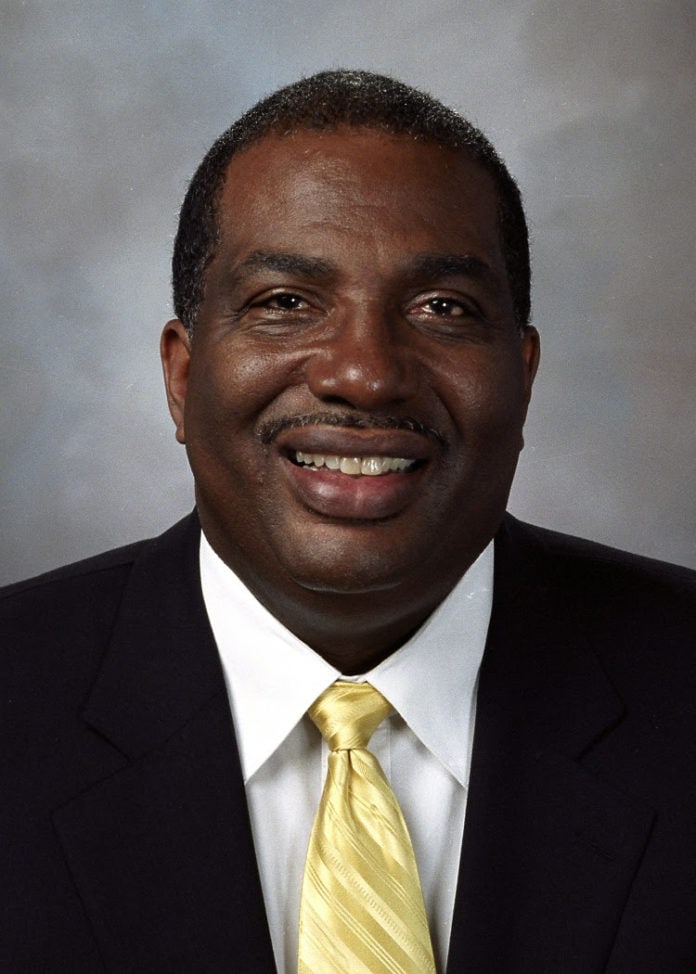By Senator Royce West
DALLAS—Some months ago, in the aftermath of the events that would result in the untimely and needless death of Sandra Bland, my thoughts began to ponder the things that could be done to possibly prevent similar incidents from happening again. The wheels to this were placed in motion long before America was stunned by the tragedy that took place in a St. Paul, Minnesota suburb a few days ago.
The quest would lead to me contacting the Texas Department of Public Safety (DPS). My inquiry of them was on how we could develop instructions to Texas drivers on how they should respond to officers in instances when a vehicle stop takes place. It sounds so simple. It sounds like something that we as experienced drivers should already know. But it is a situation that has resulted in unfortunate tragedy when these routine occurrences somehow quickly spiral out of control.
While this happens hundreds, even thousands of times across America daily without incident, each encounter also produces the anxiety of the unknown for those charged with protecting the public safety. One more harmful incident is one too many.
I have asked DPS to draft language that would be placed in its Texas Driver Handbook, the instruction manual that is given to driver license applicants.
These same instructions should also be a component of training materials for all cadets who seek to join the ranks of the 59,000 licensed Texas Peace Officers. In developing this language, we would assemble a workgroup comprised of stakeholders that includes not only the input of law enforcement, but that of community members and advocates, as well as academics and other related governmental entities. It has been suggested that these instructions may need to be incorporated into high school curriculum.
Additional instructions should also be included in the driver license manual for concealed handgun license (CHL) holders.
While word of this type instruction that Black parents have preached, particularly to their sons for years has filtered out to mainstream America recently, some – fed up over too many fatal interactions – have questioned why we need to give special instructions to our kids? My answer to them is that this issue, these instructions, are for everyone; they have no age limits, they are gender and even race neutral. They can help drivers in Dallas, Amarillo, Laredo or Texarkana. They could ease anxieties in Ohio or Georgia or Maine if the idea catches on.
We cannot afford to not pursue the greater good, while wringing our hands to try to find the perfect. We’ve all been witness that mistakes can and do happen. I repeat, one more harmful incident is one too many.















